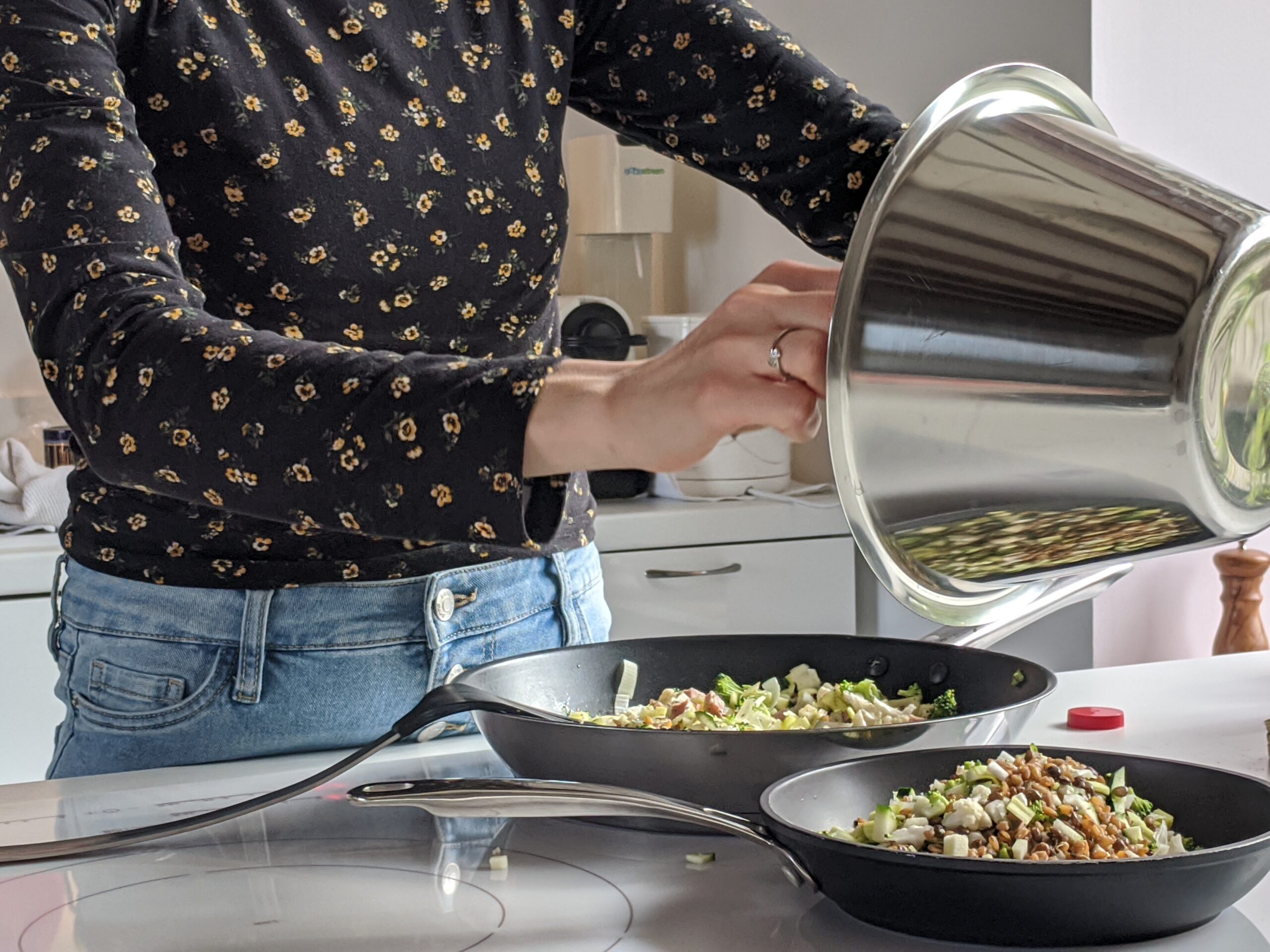
I know firsthand how frustrating it can be to feel like everything you eat causes discomfort. It may seem like there is no solution, but the truth is, widespread and extreme food sensitivities are a sign that something is out of balance in the gut. It doesn’t necessarily have to even do with food! And the good news is that once that imbalance is corrected, you should be able to enjoy all of your favorite foods again — without worry or pain.
Getting started can be overwhelming, so here’s a short guide with the key steps you should take to start feeling better.
1. Make Peace with Food
When you’re constantly uncomfortable after eating, it’s natural to become fearful of foods that seem to trigger symptoms. Remember, the problem isn’t the food itself — it’s how your gut reacts to it. Often, these reactions are treatable. Practice shifting from a fear or avoidance mindset to a growth mindset. Seeing food as an ally, not an enemy, will support your recovery as you begin reintroducing foods.
Remember, the problem isn't food itself — it's how your gut reacts to it.
2. Tone the Vagus Nerve
The vagus nerve is the longest cranial nerve in the body. It connects the gut and brain and helps us switch into “rest and digest” mode. A long list of trigger foods may indicate that your vagus nerve needs to be strengthened. Here are a few ways to stimulate the vagus nerve — especially immediately before meals:
- Humming
- Meditation
- Yoga
- Cold showers
- Foot massages
- Singing
- Being in nature
3. Talk to a Professional
After your physician has ruled out diagnoses such as Crohn’s or celiac disease, a dietitian can run stool and blood tests to identify the underlying cause of food sensitivities, like SIBO or H. Pylori. They will then develop a personalized protocol to help heal your gut. In most cases, this can bring long-term relief from symptoms without the need for restrictive diets.
Bottom Line:
If you find that everything is causing you issues, it’s likely not a food issue. Meaning more restriction will not provide more relief. There’s most likely something going on with the functioning of your gut — be it an imbalance in your gut microbiome, inability to break down food properly, or something like an infection or parasite. The goal is to get to the root of the issue. Because once you are able to fix the underlying problem, you’ll feel better, and your diet can expand exponentially.
- Eating Behavior (47)
- Grocery Shopping Tip (9)
- Gut Health (42)
- Healthy Eating (49)
- Low FODMAP (13)
- Nutrition Articles (32)
- Recipes (27)
- Uncategorized (4)



